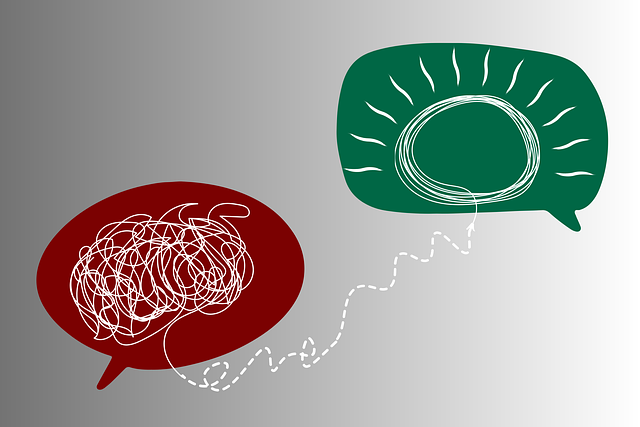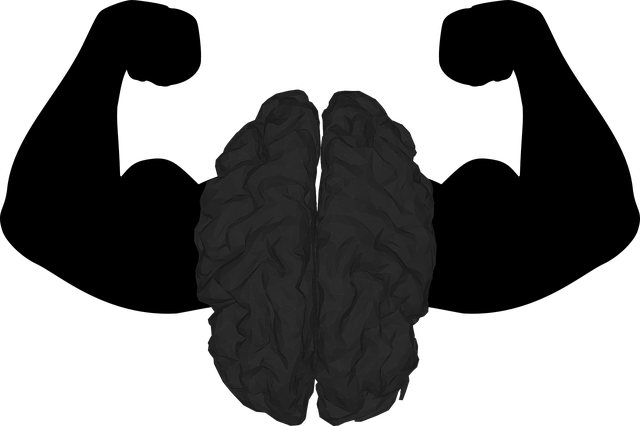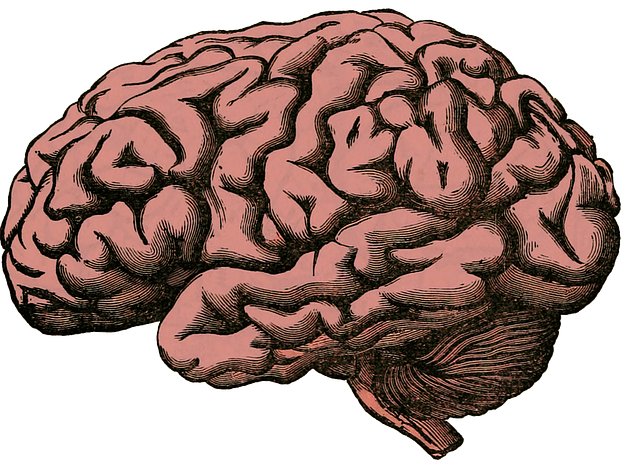Lafayette Codependency Therapy leverages a diverse range of mental health data sources, from electronic records to social media, through ethical and secure collection methods. Raw data is meticulously preprocessed and cleaned to ensure integrity, addressing inconsistencies and maintaining patient anonymity, especially for healthcare provider burnout prevention strategies. Analytical techniques uncover patterns, allowing therapists to personalize treatment and improve outcomes, contributing to evidence-based practices. This data-driven approach enhances therapeutic practices, leading to more effective codependency treatments, improved mood management, and stronger patient-support system relationships.
Mental health data analysis is a powerful tool for understanding complex psychological trends. In this article, we explore how organizations like Lafayette Codependency Therapy can harness the potential of data through collection, preprocessing, and interpretation. By delving into these aspects, we uncover patterns and insights that inform therapy practices, ultimately enhancing patient care. Discover how efficient data analysis can revolutionize mental health support at Lafayette Codependency Therapy and beyond.
- Understanding Mental Health Data: Collection and Sources
- Preprocessing and Cleaning: Preparing the Data
- Analyzing Patterns and Trends: Uncovering Insights
- Interpreting Results and Informing Therapy Practices at Lafayette Codependency Therapy
Understanding Mental Health Data: Collection and Sources

Understanding Mental Health Data involves recognizing that it’s a multifaceted landscape encompassing various sources and collection methods. In today’s digital age, data on mental health can be derived from electronic health records, online surveys, wearable devices tracking biometric signals, and even social media platforms, offering insights into individuals’ psychological well-being. These diverse sources provide a holistic view, enabling professionals like those at Lafayette Codependency Therapy to gain deeper understandings of mental health trends within communities.
The collection process itself is crucial, emphasizing the need for ethical considerations and informed consent. By adhering to Mind Over Matter principles, therapists can facilitate stress reduction methods and burnout prevention strategies while ensuring participant privacy and data security. This meticulous approach allows for accurate interpretation, leading to evidence-based practices that ultimately benefit individuals seeking therapy, such as those engaged in codependency therapy sessions.
Preprocessing and Cleaning: Preparing the Data

Before any meaningful analysis can take place, data collected for mental health studies must undergo thorough preprocessing and cleaning. This initial step is akin to laying a solid foundation before constructing a house—without it, the structure might be unstable or inaccurate. In the context of Lafayette Codependency Therapy research, this involves meticulous handling of various data types, from textual narratives to numerical scores from assessments.
The process includes identifying and rectifying inconsistencies, missing values, and outliers. For instance, in healthcare settings, ensuring cultural competency through training (a key component for Burnout Prevention Strategies for Healthcare Providers) might require specialized data cleaning methods to handle sensitive information while maintaining patient anonymity. Efficient conflict resolution techniques can also be employed during this phase to address any discrepancies or disagreements in the data, fostering a more harmonious and accurate dataset for subsequent analysis.
Analyzing Patterns and Trends: Uncovering Insights

Analyzing patterns and trends within mental health data is akin to piecing together a complex puzzle. By examining individual stories and collective trends, Lafayette Codependency Therapy can uncover profound insights that guide effective interventions. This process involves meticulous sorting, filtering, and correlating data points to identify recurring themes and anomalies. For instance, analyzing client demographics might reveal specific groups more susceptible to certain mental health challenges, guiding the development of targeted programs like Social Skills Training or Mental Health Education Programs Design.
Through this analytical lens, therapists can discern not just the ‘what’ but also the ‘why’ behind various behaviors and experiences. This knowledge is instrumental in personalizing treatment approaches. For example, understanding the interplay between social dynamics and mental well-being could highlight the efficacy of Mind Over Matter Principles in empowering individuals to navigate their emotional landscapes more effectively. Such insights not only enhance therapeutic outcomes but also contribute to evidence-based practices, fostering a more nuanced and impactful approach to mental health care.
Interpreting Results and Informing Therapy Practices at Lafayette Codependency Therapy

At Lafayette Codependency Therapy, interpreting results from mental health data analysis is a meticulous process that guides therapy practices. By delving into the insights derived from patient records and research, therapists gain valuable knowledge about effective treatment modalities for codependency issues. This involves identifying patterns in client outcomes, understanding the impact of various therapeutic interventions, and exploring factors influencing emotional well-being promotion techniques.
The results inform tailored approaches, ensuring that each patient receives culturally competent care. Healthcare provider cultural competency training plays a crucial role here by enhancing therapists’ ability to address diverse client needs. By integrating these data-driven insights, Lafayette Codependency Therapy strives to optimize treatment outcomes, improve mood management strategies, and foster more effective relationships between patients and their support systems.
Mental health data analysis is a powerful tool for understanding complex patterns within populations, which can significantly inform therapy practices at institutions like Lafayette Codependency Therapy. By carefully navigating the process from data collection and preprocessing to pattern recognition and interpretation, therapists can gain valuable insights that enhance patient care. This article has provided an overview of these steps, highlighting how they contribute to a comprehensive understanding of mental health trends and ultimately lead to more effective therapeutic interventions.














